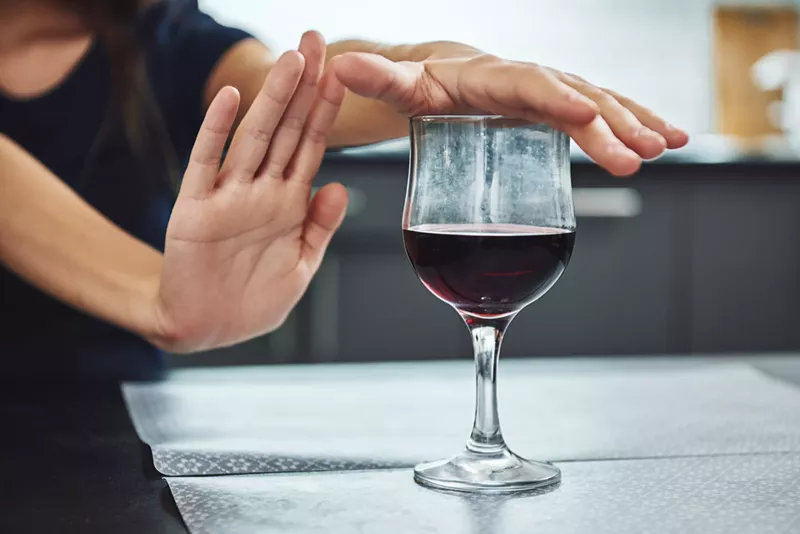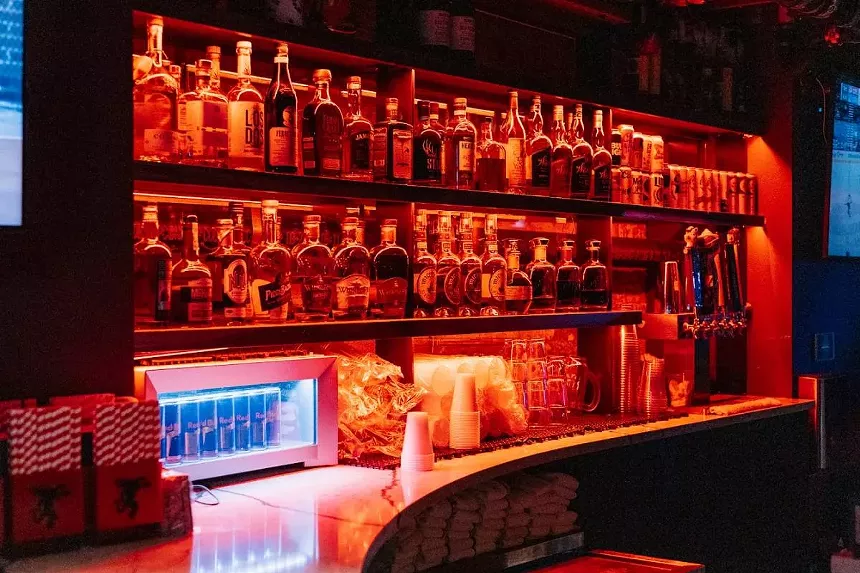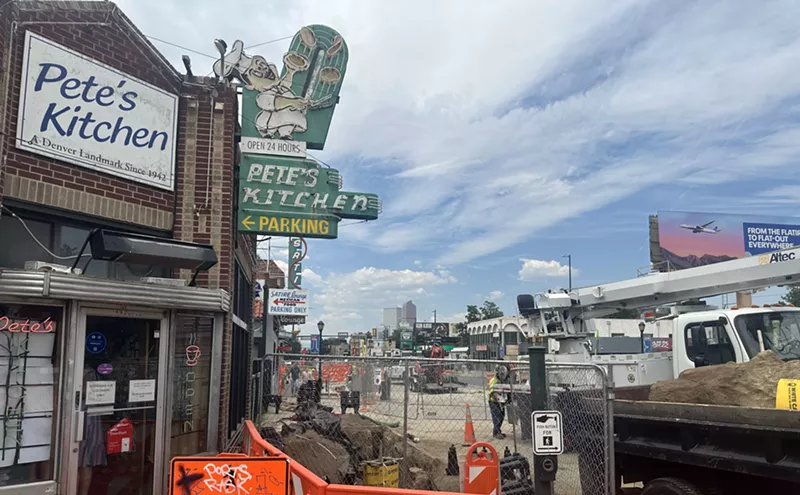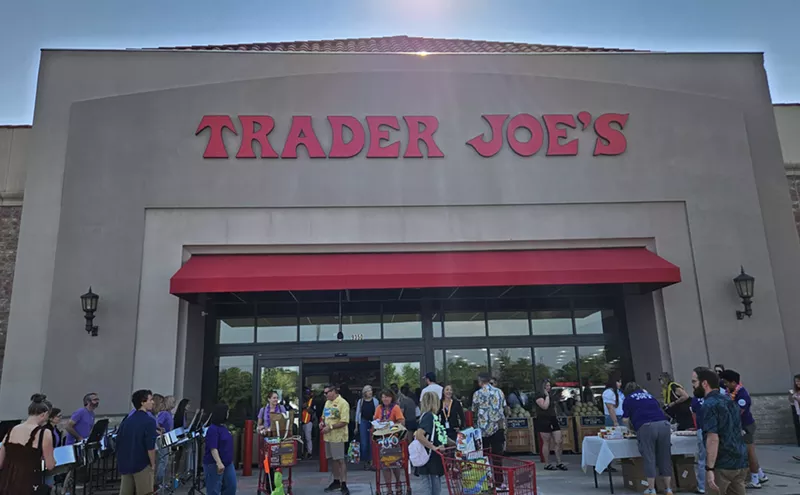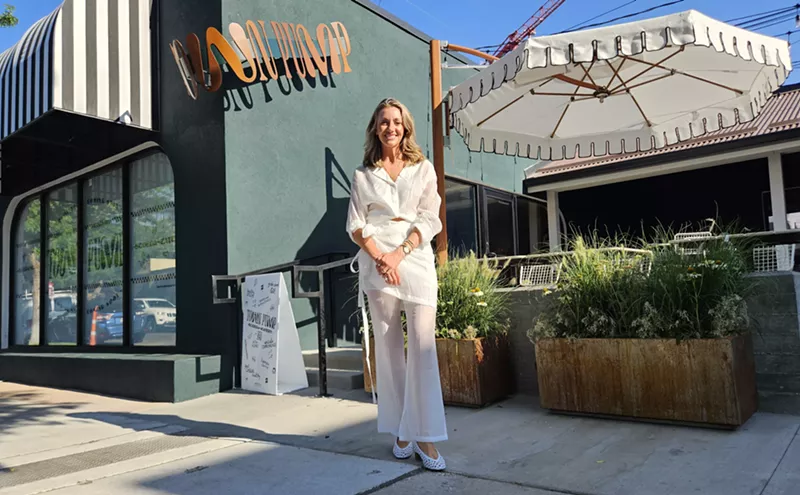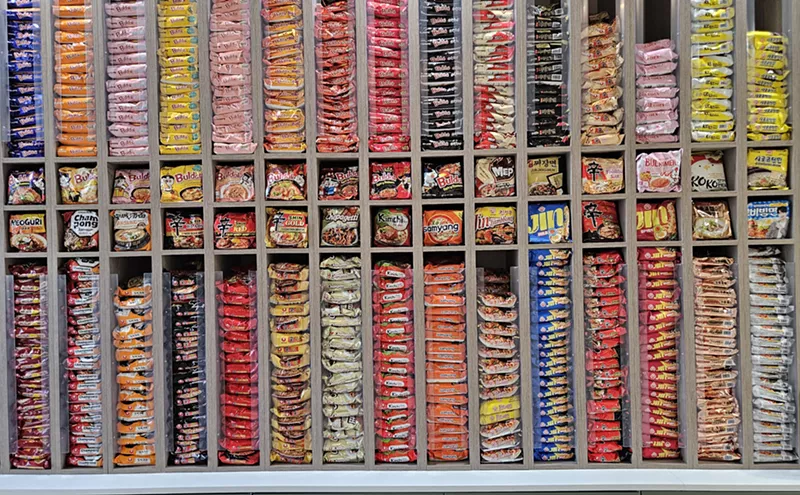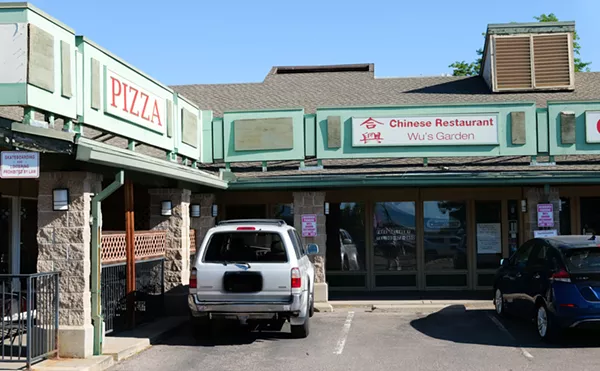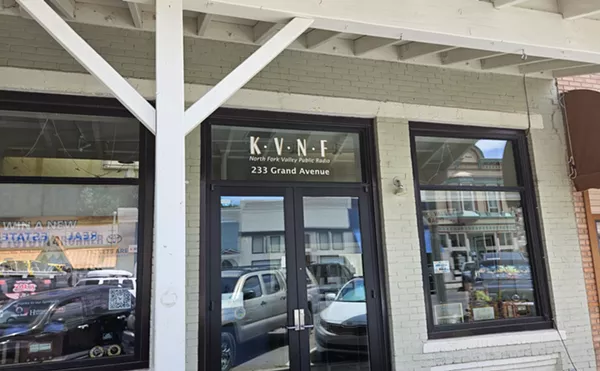I’ve never had a legal alcoholic drink in the United States.
But I had plenty in Sydney, Australia. I lived there for six months for school, and I had my fair share of experience with Sydney’s nightlife. I had gone to all the high-profile bars downtown, and spent my 21st birthday in January hopping from bar to club and finally crashing at home, drunk, in the early morning.
In March, I was waiting for friends at a famous Italian restaurant downtown and was approached by a bartender. Charmed by his sales pitch about their collection of wines, I ordered a Riesling. It was watered down, but also somehow still too bitter. I sipped and chatted with my roommate and, halfway through the glass, I set it down on the bar counter, looked at her and said, “That’s it. I’m going sober.”
Was the wine really that bad? It certainly wasn’t great — I’ve had gas-station wine that tasted better — but it wasn’t really this particular glass. Going sober was something I had been thinking about for months. I usually ended my thought spree with “I’ll just do it after graduation.” But when I stared at my $21 bill for a half glass, I thought to myself: Why not now?
I started drinking in my junior year of high school. Stealing tequila from my mom’s cabinet, Venmo-ing my friends’ older siblings for a vodka handle – I definitely had fun on the weekends. I would drink until I was nauseous or making out with my crush in the bathroom. I would wake up feeling good with seventeen-year-old energy and ready to do it again. My freshman year of college was all the more exciting. My friends and I, dressed in miniskirts and muddy boots, would walk to the only liquor store that would accept fake IDs and buy a handle and a handful of shooters for the weekend. Every weekend.
Were you really a University of Colorado Boulder sorority freshman if you didn’t drink Thursday through Saturday? And don’t forget the occasional Wine Wednesday.
I started to question my own drinking habits at the end of that year. Was I drinking too much? Maybe, but all my friends did it. I was about to go back home to California when I thought, “To make up for all the alcohol I drank this year, I’ll stop drinking for the summer.” I was worried. I worked a lifeguarding job with employees all my age, and we often had weekly parties. I had to show my coworkers how cool I’d gotten in college. Could I spend the whole summer not drinking? Would people think I was...uncool?
Somehow, I did it: I didn’t drink a drop of alcohol until I stepped back onto CU Boulder’s campus. And then, it was bottoms up.
Now I sipped on my Riesling in Sydney and thought about why I had gotten the wine. I didn’t plan on drinking that night; it just felt like the appropriate thing to do. I thought about why I drank in general. Did it make me feel good? Not really — the hangover immunity that came with being young was wearing off. Did I need it to have fun? Also no, I usually had more fun when I was swimming at the beach or talking a walk around the Sydney Harbor. Did it make me feel more confident? Also no: I was a pretty self-assured person and a natural conversationalist while sober. The more I asked myself these questions, the more I realized a truth that I had never before said aloud: I didn’t enjoy drinking.
I didn’t enjoy alcohol culture, either. I had always thought it was strange that it seemed the whole world seemed to revolve around alcohol. It’s at birthdays, weddings, sometimes even funerals. Wine is a housewarming gift; shooters are given out at baby showers bearing the slogan, “Pop it when she pops!” Alcohol is everywhere. But I had also seen firsthand how it ruined lives. My grandmother died from alcoholism, and being at a university with a “party school” reputation led to many conversations about friends with other friends: “Do you think she has a problem?”
So, I stopped. I spent the rest of my time abroad without any alcohol. Friends from Boulder would ask me if I planned to maintain sobriety when I got back. I didn’t know; I had just turned 21. I wanted to go to the “big girl” bars and the renowned Hazel’s Beverage World on Valmont Road. I didn't know how I could not drink while living ten minutes from the bars and surrounded by my friends. But I decided I would try it. It couldn’t hurt, and I could always decide to have a drink if I wanted.
When I got back to Boulder, I went out with my friends on Pearl Street. I was finally walking into the places I had held on a pedestal for so long: the Spotted James, the Attic, Press Play. I went into one and ordered a Shirley Temple. The bartender didn’t bat an eye, and served me the bubbling red drink in minutes. At the next bar, I ordered water. Again, the bartender said nothing, just poured it and gave it to me, then moved onto the next. Not one person asked me what I was drinking. My friends knew I was sober, and they didn’t even bring it up. I had been so scared people were going to judge me or ask invasive questions about my decision to not drink. But truly, no one did.
I went to a house party. Upon entering, I saw crushed beer cans and cards on the table and I knew what I was in for. They started to arrange the cards face down in a circle around the center cup, a telltale sign we were playing “King’s Cup.” I confessed: “I actually am almost three months sober. I’m not drinking tonight.” My friend immediately responded, “No worries. I can drink for you.” (In college, this is a very sweet sentiment.) I couldn’t believe the lack of reaction. Not one person pressed me about my sobriety. I had so much fun that night, and even drove two friends home; I ended the night reading in bed. No headache, no spinning. I felt amazing.
Since then, I have gone out many times to clubs, bars and house parties where most of the attendees are drinking. And to my surprise, I have never felt the pressure to drink. I find that going out is almost easier without the weight of drinking and all its physiological symptoms. I also find that no one really cares, or even notices, whether you are drinking or not. A Shirley Temple looks the same as a Dirty Shirley. A Sprite looks the same as a Vodka soda. And even when I have nothing in my hand, hardly anyone notices.
The best part about this journey, however, is how many friends have expressed to me that they too, want to go sober. I encourage them. I tell them that it has been rewarding, empowering and even fun. I tell them to take their time, and think about the reason they are drinking. Are they sad? Bored? Nervous? Do they just want something to hold in their hand? Whatever the reason, it helps you to make an informed decision about the real reason you want to pick up the bottle.
I am not sure how long I will be sober. I don’t think of it as a permanent label, I just ask myself why I want to drink whenever the thought comes into my head. And every time, I find that I don’t really want to, and that there’s some reason I feel pressured to. Addressing these reasons has helped me continue with my sobriety. I have let go of the social pressure to drink, and realize that no one cares as much as I thought they would.
I also have found so many activities that fulfill me more than drinking. Reading, writing, working out, taking art classes, going to theater shows — all things I started doing more once I stopped drinking. I also have more meaningful conversations with friends when we are sober. And the best part: I actually remember them.
Sobriety, to me, is joy. It’s a powerful feeling to live in an alcohol-centered world and to choose not to participate. I thank the restaurant in Sydney for allowing me to come to the revelation that I don’t enjoy drinking. Sometimes all it takes is some really bad wine.
Aspen Moore, originally from Los Angeles, is a senior at the University of Colorado Boulder graduating in December with a degree in Creative Writing.
On weekends, westword.com publishes commentaries on matters of interest to the Denver community; the opinions are those of the authors, not Westword. Have a piece you'd like to share? Email [email protected], where you can also comment on this essay.

Audio By Carbonatix
[
{
"name": "GPT - Billboard - Slot Inline - Content - Labeled - No Desktop",
"component": "23668565",
"insertPoint": "2",
"requiredCountToDisplay": "2"
},{
"name": "STN Player - Float - Mobile Only ",
"component": "23853568",
"insertPoint": "2",
"requiredCountToDisplay": "2"
},{
"name": "Editor Picks",
"component": "17242653",
"insertPoint": "4",
"requiredCountToDisplay": "1"
},{
"name": "Inline Links",
"component": "18838239",
"insertPoint": "8th",
"startingPoint": 8,
"requiredCountToDisplay": "7",
"maxInsertions": 25
},{
"name": "GPT - 2x Rectangles Desktop, Tower on Mobile - Labeled",
"component": "24956856",
"insertPoint": "8th",
"startingPoint": 8,
"requiredCountToDisplay": "7",
"maxInsertions": 25
},{
"name": "Inline Links",
"component": "18838239",
"insertPoint": "8th",
"startingPoint": 12,
"requiredCountToDisplay": "11",
"maxInsertions": 25
},{
"name": "GPT - Leaderboard to Tower - Slot Auto-select - Labeled",
"component": "17676724",
"insertPoint": "8th",
"startingPoint": 12,
"requiredCountToDisplay": "11",
"maxInsertions": 25
}
]

